This article was updated on 1/24/22.
Please note: As we continue to learn more about COVID-19, the information in this article may change. You can find our most up-to-date information about coronavirus here.
Now that the Pfizer-BioNTech COVID-19 vaccine has been approved for children ages 5-11, you probably have questions about the vaccine and whether or not it’s safe for your child. To help you, we’ve asked our experts to answer some frequently asked questions about the vaccine.
How do I know the vaccine is safe for my child?
Pfizer has studied its vaccine in clinical trials. These studies, which have enrolled thousands of children, will tell us about side effects experienced by the children in this study and, importantly, tell us how the frequency of these symptoms compares to those in children who received a saline placebo injection. As with the trials of these vaccines that have been conducted in adults, safety is a top priority and participants in the study are asked about any new symptoms daily for the first week after each vaccine dose and then asked about any more serious new illnesses or health problems for 2 years after vaccination.
What are the vaccine’s side effects and how can I treat them?
Common side effects from the COVID-19 vaccine include:
- Pain, redness or swelling at the injection site
- Tiredness
- Headache
- Muscle pain
- Chills
- Fever
- Nausea
Most of the time, these side effects will go away in a few days.
Pain at the injection site (where the shot went into the arm) was the most common reaction, with about 3/4 of vaccine recipients experiencing it. Most children said this pain was mild. This was seen after the first and second doses.
If your child feels pain or discomfort in the spot where they got their COVID‑19 vaccine, try placing a cool, wet washcloth on the area. You can also give them pain or fever-reducing medications following vaccination.
It is not recommended that you give your child any over-the-counter pain reliever before vaccination to prevent side effects.
Should I call my child’s pediatrician about any COVID‑19 vaccine side effects?
Contact your child’s health care provider if:
- The redness or pain at the injection site gets worse after 24 hours
- Their side effects are worrying you or do not go away after a few days
Seek immediate medical attention if you think your child is having a severe allergic reaction to the COVID‑19 vaccine. Signs of severe allergic reaction include rapid heartbeat, swelling of the throat, rash or hives. This reaction is extremely rare.
What are the long-term side effects of the Pfizer COVID-19 vaccine?
Some people have expressed concerns that the Pfizer vaccine may have long-term side effects. Although it is always important to consider the risks and benefits of any medical choice we make, there is no vaccine that has caused late-onset side effects (beginning more than 2 months after receiving the vaccine). All vaccines are made to disintegrate safely in your body. Vaccines introduce a non-harmful ingredient that looks like the true virus or bacteria, allowing your body to build antibodies against the virus/bacteria without getting infected.
For the Pfizer vaccine, the non-harmful ingredient is mRNA. This acts like a recipe that our body uses to build a protein. This protein is harmless, but does look exactly like the protein on the outside of the novel coronavirus (COVID-19), so our antibodies can be prepared if it sees the real virus. mRNA however, is literally used up as it is read by the body. In fact, the end of the mRNA recipe has instructions to break down the mRNA and stop the production of the protein.
Do young children need two shots like adults?
Yes, children 5-11 years old will receive two doses of the vaccine, three weeks apart. However, the amount of vaccine young children will receive is much smaller than older people. Children ages 5-11 will receive two doses of 10 micrograms, 21 days apart. People 12 years and older receive two doses of 30 micrograms, 21 days apart.
I’ve heard that waiting longer than 3 weeks between the first and second COVID vaccines improves immune response and reduces the risk of myocarditis in children. Is this true?
Currently the CDC continues to recommend COVID-19 vaccination with minimum of 21 days apart and encourages everyone to complete the series as close to 21 days as possible to best protect the individual from infection. The CDC continues to review the data on side effects and efficacy. If changes to this regimen are found to produce fewer side effects without increased risk to infection, they will make changes to the recommendation.
Has myocarditis been seen yet for 5-11-year-old children?
There were no cases of myocarditis in the trial, even though vaccine trial researchers were looking for it very specifically.
For kids who are 11, should they wait until they are 12 to get the full vaccine?
This is an individual decision, based on each child’s individual situation. In general, we would not recommend waiting very long, and to discuss any concerns with their trusted healthcare provider.
What happens if my child has their 12th birthday between shot 1 and 2?
If your child turns 12 after they’ve received their first dose of the vaccine, they should get the dose for 12-year-olds for their second shot. However, if they get they get the dose for 11-year-olds, that is fine too.
My child had MIS-C. Can they still get a COVID-19 vaccine?
Patients who had Multisystem Inflammatory Syndrome in Children (MIS-C) were not included in the initial trial of 5-11 year olds that Pfizer conducted on their COVID-19 vaccine. However, consensus among the health care field is that it is safe and beneficial for children with a history of MIS-C living in areas with high risk for exposure/transmission to receive the vaccine if they have clinically recovered (especially their heart function) and it’s been at least 90 days since their diagnosis. If you have specific concerns about your child’s individual history, we recommend reaching out to their doctor/specialist for best recommendations.
If COVID-19 case numbers are declining, why should my child get vaccinated?
The decrease in COVID-19 cases is a result of the good work people are doing in the community. The reason the numbers are down is because people are getting vaccinated, and people who are unvaccinated are following rules and regulations advised to them by the CDC and their community.
However, just because the virus may have begun to slow, does not mean our safety measures can. Before we can take a breath and consider this round of the pandemic over, we have to hit herd immunity with at least 70% of the population fully vaccinated, and we really need to add another group of children to help us cross that threshold.
Is it safe for my child to get the flu shot and the COVID-19 vaccine at the same time?
Yes, as long as your child is eligible to get the flu shot and the COVID-19 vaccine, then it is safe to administer them together.
My child already had COVID-19. Why should they get the vaccine?
Even if your child has already had COVID-19, they should still receive the vaccine once they have recovered from the illness. While there is some evidence that people who been infected with SARS-CoV-2 develop immunity for several months after infection, it is unclear if that immunity is fully protective and how long any protection may last. The vaccines have been studied specifically to answer these questions and have been demonstrated to be very effective at protecting vaccinated individuals from COVID-19.
If you have additional questions about your child’s COVID-19 vaccine, talk to your pediatrician or pediatric specialist.
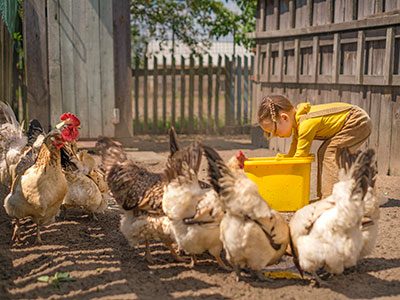 https://riseandshine.childrensnational.org/wp-content/uploads/2025/01/girl-with-chickens-feature.jpg
300
400
Rise and Shine
https://riseandshine.childrensnational.org/wp-content/uploads/2017/11/childrens_riseandshine_logo.jpg
Rise and Shine2025-01-09 15:01:532025-01-09 16:20:12Bird flu and children: A parent’s guide to avian influenza safety
https://riseandshine.childrensnational.org/wp-content/uploads/2025/01/girl-with-chickens-feature.jpg
300
400
Rise and Shine
https://riseandshine.childrensnational.org/wp-content/uploads/2017/11/childrens_riseandshine_logo.jpg
Rise and Shine2025-01-09 15:01:532025-01-09 16:20:12Bird flu and children: A parent’s guide to avian influenza safety



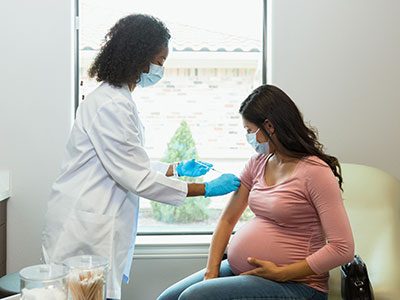
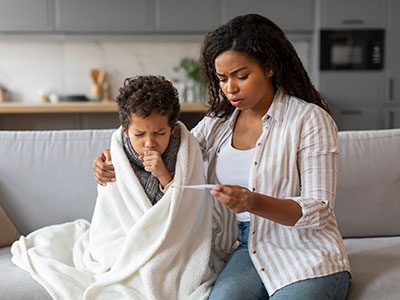
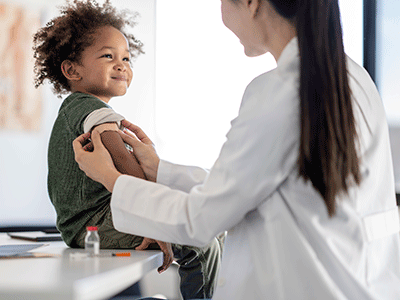

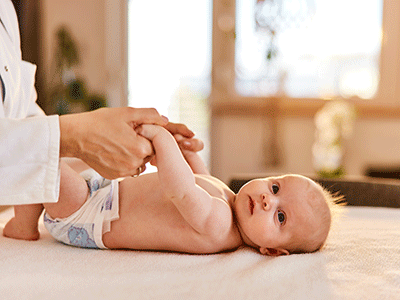

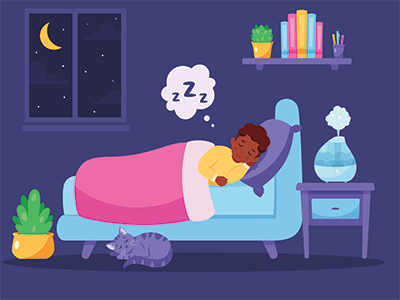
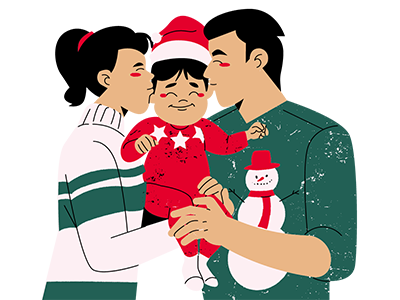
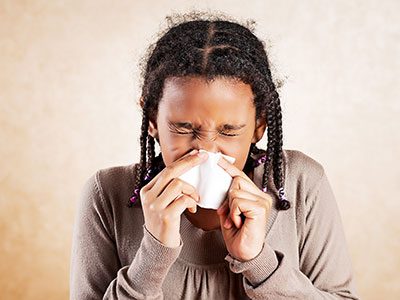
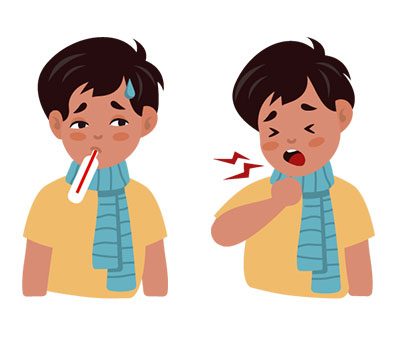
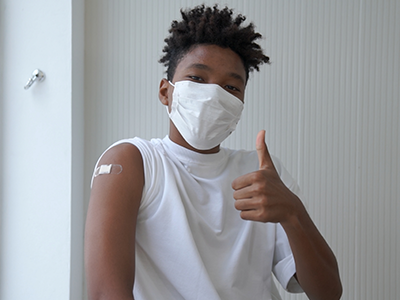
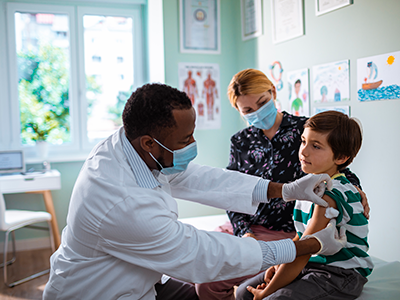
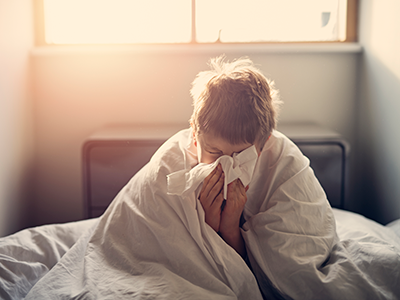
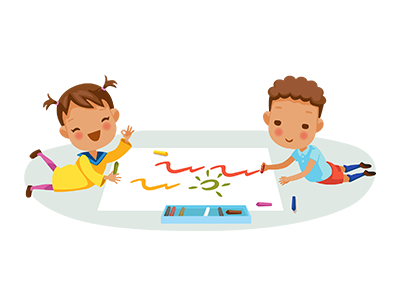
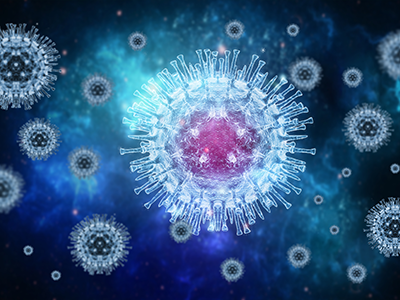

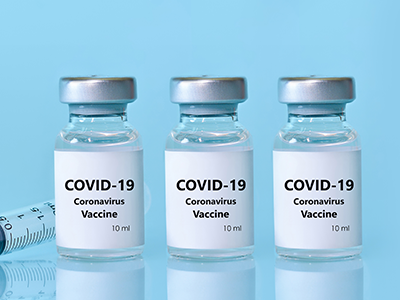
Leave a Comment
Want to join the discussion?Feel free to contribute!